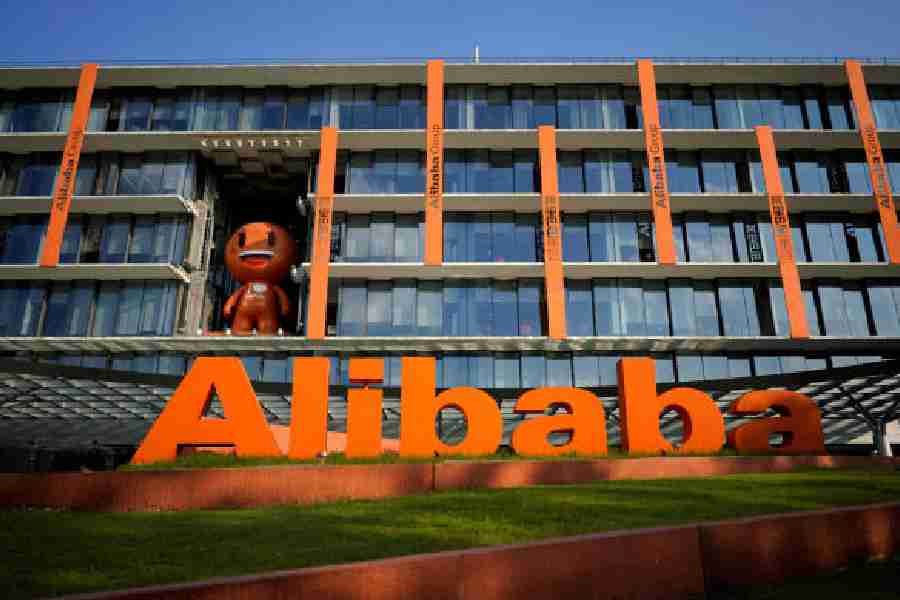In late March,Daniel Zhang unveiled what was called the “most significant” overhaul in the 24-year history of Alibaba, one of China’s original technology conglomerates, splitting the company into six separate units that would help them seek out investors from the public.
Now, Zhang, the tech giant’s chairman and chief executive, is out of the top job and will step down from Alibaba’s board of directors, and two of the company’s co-founders have moved up into the leadership positions.
Alibaba announced on Tuesday that Zhang, 51, would relinquish his top job in September. Instead, he would serve only as chief executive of Alibaba’s cloud computing division, a position he assumed in March when he unveiled the restructuring.
Alibaba announced plans to spin off its cloud division in May, in preparation for a public listing.
Joseph Tsai, 59, an Alibaba veteran with roots to the company’s founding, will move up from executive vice-chairman to chairman. Joining Tsai is another Alibaba co-founder, Eddie Yongming Wu, who will succeed Zhang as chief executive.
“This is like the oldest of the old guard,” said Duncan Clark, the chairman of the investment advisory firm BDA China in Beijing. “The trusted team, the old guard, is back in control.”
The reshuffle comes at a critical time for Alibaba. The company was the highest-profile target of a crackdown by Beijing on the power of China’s biggest tech companies. Its stock price has tumbled from its 2020 peak.
Alibaba’s founder, thebillionaire Jack Ma, was driven out of the public eye in 2020 after criticising Chinese regulators for stifling innovation at Ant Group, Alibaba’s financial technology sister company.
After his remarks, Chinese officials suspended plans for Ant Group to sell stock in an initial public offering.
In 2021, Chinese antitrust regulators fined Alibaba $2.8 billion for preventing merchants from selling theirgoods on other shopping platforms.
Ma, a popular figure in China and long the face of the company, made a publicised return to China earlier this year just as Alibaba announced its restructuring, which was seen in part as a response to tighter regulations by Beijing.
On Saturday, Ma made an appearance at a math competition sponsored by a research division of Alibaba, according to a post on the institute’s blog.
Though he no longer holds a formal role at Alibaba, Ma remains one of its largest shareholders, with 4.5 per cent of the company as of 2021, according to corporate filings.
In a letter to employees Tuesday, Zhang said that it was time for him to dedicate his “full attention” to the spinoff plans.
He also cited the need for a clear separation between his roles at Alibaba and the cloud division.
NYTNS










